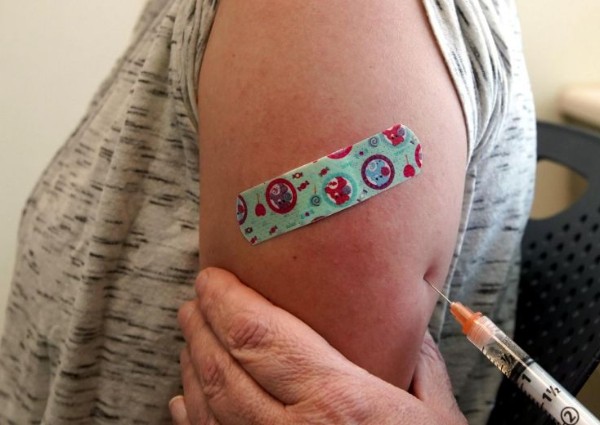Parliament: 43 measles cases in first four months of 2019; three-quarters were not vaccinated


SINGAPORE - There were 43 measles cases in the first four months of this year, nearly three times the number seen during the same period last year, said Health Minister Gan Kim Yong on Tuesday (May 7).
All were sporadic or had a limited spread and there was no community outbreak, he said, adding that the cases were a result of increased measles outbreaks around the world, as Singapore, being a travel hub, is more exposed to imported cases.
Speaking in Parliament, he noted: "In recent years, there has been a global increase in measles outbreaks because of declining vaccination coverage in many countries.
"This has resulted in a significant increase of non-immune individuals in the community, making it easier for the disease to spread."
Mr Gan said 33 out of the 43 cases involved individuals who had not been vaccinated against the disease. Nine of those were infants under a year old, who were not yet due for vaccination, while the rest were a mix of children and adults.
The measles, mumps and rubella (MMR) vaccine is generally given in two doses: the first when a baby turns a year old and the second when the child is between 15 and 18 months old.
Vaccination is mandatory for local children and foreign children applying for long-term Singapore passes.
Health Ministry's figures show 95 per cent of children receive the first dose by age two, with 93 per cent receiving the second dose by age seven.
"We are monitoring the global and local situation closely. We have alerted our doctors to look out for measles cases and notify the ministry promptly so that actions can be taken to prevent disease spread," Mr Gan said.
Dr Chia Shi-Lu (Tanjong Pagar GRC) asked Mr Gan for the reasons parents do not get their children vaccinated, and if any action will be taken against these parents.
For example, he said, some countries have banned unvaccinated children from attending school while others have contemplated imposing financial penalties on such parents.
Mr Gan said most parents who had not vaccinated their children were "passive" about it.
"(They were) waiting for the next convenient occasion to bring their children for vaccination, and unfortunately, sometimes that occasion never came," he said.
In other cases, parents decided to get their child vaccinated the next time they went to a doctor but the child was then unwell and cannot be vaccinated.
Currently, the Health Promotion Board sends reminders to parents whose children have not completed their vaccinations by age two.
But the Health Ministry is considering sending reminders to parents ahead of vaccination due dates, to ensure children are protected as early as possible, the minister said.
The ministry is also looking at how it can ensure that children who go to pre-schools are vaccinated, as well as making sure that childcare workers are vaccinated or immune to the disease so as to protect the children in their care.
This article was first published in The Straits Times. Permission required for reproduction.